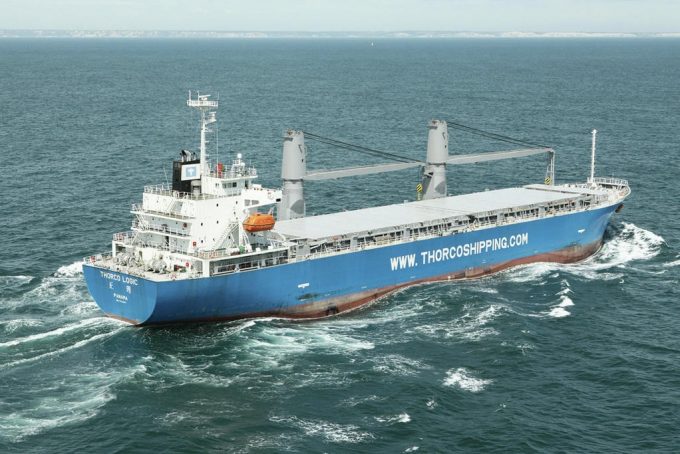Vietnam gains manufacturing ground – but will this provoke US tariffs?
Vietnam is gaining ground as an alternative to China, but there are warnings that too-rapid ...

Taiwan’s Franbo Lines has joined a number of other bulk carrier owners hoping, amid tight boxship availability, eyeing lucrative charters to carry containers on their ships.
Franbo Lines’ vice general manager Lin Cheng-he told local media that out of its 18 bulk ships, five had container capacity and freight rates for containers remained much higher than for dry bulk.
Although the Baltic Dry Index is at an 11-year high, Mr Lin said Franbo could earn much more carrying containers from Asia to ...
Keep our news independent, by supporting The Loadstar
Container spot rates diverge: to Europe still falling, but firmer to the US
Volume surge and an early peak season? 'Don't celebrate too soon,' warning
Hapag-Lloyd won't take bookings if port congestion leaves cargo stranded
Ecommerce likely the front-runner in resurge of transpacific trade after deal
China-US trade tariff pause could drive a rebound for transpacific rates
Service chaos from trade ban with India a problem for Pakistan shippers
Airfreight rates ex-China 'loss-making', but hopes of a trade deal stay high

Comment on this article